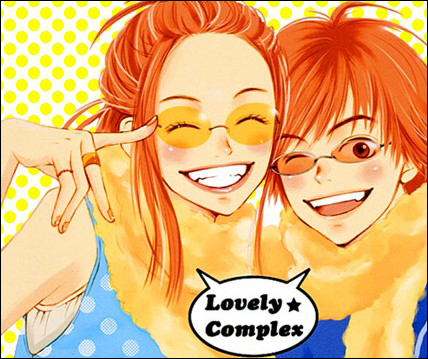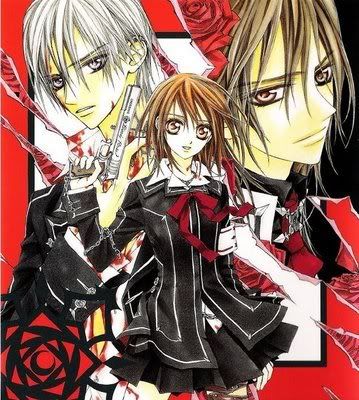Halloween is coming!
And seeing as it is my favorite holiday, I'm doing a few reviews of horror films to celebrate the spookiness. I'm a minor horror geek, in that I have a love for gore flicks but they are by no means my passion. Horror geekdom (like the rest of geek culture) is still largely a male-dominated area (though in my experience, some of the most hardcore fans of the genre are women). The reason women typically stay away probably has less to do with the fact that it's "scary," and more to do with the American slasher flick's origins as a backlash to the second-wave feminist movement. Everyone knows the stereotypes; the "slut" (read: sexually-empowered woman) is always the first to die while the virgin is always the heroine. The intersection of sexual mores and gore has resulted in a recent surge of "torture porn," in which a sexualized female body is mutilated and dismantled. With all this fun stuff, it's no wonder that women tend to stay away from the genre. Even so, the horror genre holds a certain attraction over me. Like science fiction, I think the horror genre is fertile ground for exploring societal phobias. The film I am about to review is a great example of this fact.

As part of our October Horror-thon, my boyfriend and I recently watched Kiyoshi Kurosawa's 2000 film, Séance. The film revolves around a husband and wife who are drawn into a kidnapping plot that results in the death of an innocent young girl. The main character, Junco, is a dissatisfied housewife with psychic powers who holds séances for grieving families. When a kidnapped young girl shows up at the couple's house, the couple decides to use the situation to their own advantage. Junco, in an attempt to legitimize her skills as a psychic, leads the cops along a fake trail while hiding the child in her home. When the child mysteriously dies, the couple is besieged by the child's angry spirit and creepiness ensues.
Kurosawa's film exemplifies a universal paranoia concerning shifting gender roles in the home. In the beginning of the film, the husband is the bread-winner—a sound engineer for a TV station—while Junco stays at home. Junco repeatedly expresses her dissatisfaction with housewifery. She tries to enter the work force, but her psychic powers allow her to see disturbing visions surrounding customers at work so she quits and returns home. Dissatisfied and out of options, Junco jumps at the opportunity to prove herself as a psychic when
the kidnapped child appears at her house. If she were to attain respectability among the police, her name would be disseminated in the news and she would never be in want of paying clientele. It is this possibility that drives her to concoct the bizarre plan that leads to the child's death.
It is strange to me that such a reasonable desire would result in the death of a child. Children are often used to make a moral point in film, or function as a film's moral center. If this film is to be read similarly, the death of the child would indicate that Junco's desire is morally wrong. Furthermore, I want to note that the film couple is childless. In Japanese culture (as well as in American), there is a societal expectation for couples to have children (for instance: try to recall a heterosexual thirty-something married couple portrayed in a film that has no children, and no explanation as to why they don't have children). Couples who do not choose to have children can even be regarded as "selfish," as if their disinterest in children is correlated with their interest in themselves. Keeping these conventions in mind, it is easy to see the subtext: Junco's desire to enter the workforce is selfish and morally corrupt. If she had been content with her present life, the child would have survived, and the metaphorical film "family" would have remained intact.
I don't mean to assign this viewpoint to Kurosawa himself. The screenplay was adapted from a 1961 novel by British writer Mark McShane entitled Séance on a Wet Afternoon. Because I'm not familiar with the book, I can't say for sure exactly what Kurosawa changed. Regardless, the film presents a perfect example of the social fear surrounding shifting gender roles in the home. By seeking her own power Junco upsets the balance of the film "household," resulting in the death of her husband and "child."



